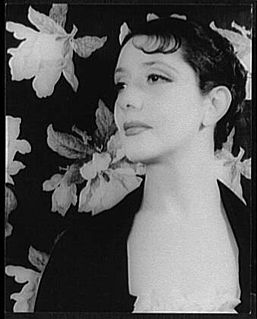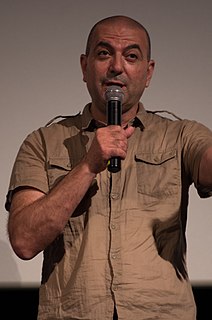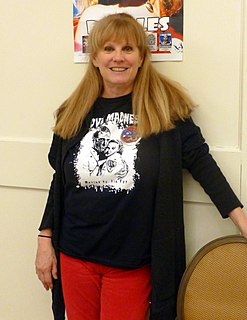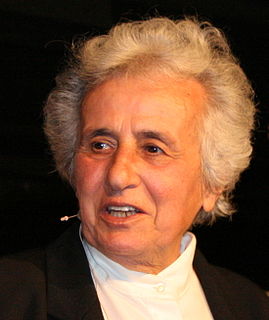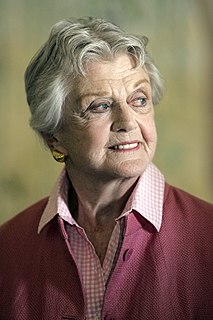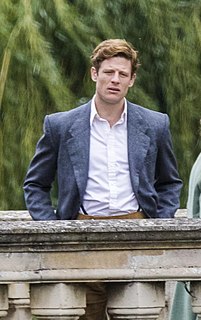A Quote by Harold Pinter
I was told that, when 'Betrayal' was being produced by one of the provincial companies in England, the two actors playing those roles actually went into a pub one day and played that scene as if it were really happening to them. The people around them became very uncomfortable.
Related Quotes
The scaffolders and builders from demolition companies nearby used to play each other for 20 quid a man - the tackles were mad. I played for the local estate against them one day and we won, there was a full-scale riot. 'He's a ringer' they were saying. Half of them were drunk so I could get the ball and just run and around them - I was only 12!
Don't watch people's individual performances. Watch the energy that's being passed between them, and then you'll see if the scene is really working or if the actors are really doing their job. If they're playing with the energy that's between them, they're not just acting in their own little bubble.
The Ramones were a great bunch of guys. They were very quiet, very shy. They were a little in awe of the filmmaking process, probably because we started at 7 a.m. I do remember the very first day of shooting, I met them and did the scene in the bedroom where Joey sings to me, and they were all scattered around my bedroom in my little fantasy scene. That was the first scene we shot of the movie. That scene is kind of a strange way to start a movie. "Okay, get undressed, and these weird guys in leather jackets and ripped jeans are going to sing to you."
My parents were entirely unpredictable and what they said very unreliable, which meant I became very attuned to the range of other signals human beings give out - body language or what Freud graphically called the "betrayal that oozes out of him at every pore," betrayal, that is, of what they really mean. I have that to this day, and it makes conversation exhausting because I'm listening not just to the words of the person in front of me but also to their body. It's as if there are two radio stations on at the same time.
The whole thing was set up very cleverly. The people who were torn from their normal lives and put on the trains may have heard that terrible things were happening in Auschwitz, but even up to the end, they kept on thinking: Perhaps it isn't so bad after all. And then they arrived and the SS told them: "The old people and the sick can take the truck. Anyone who is still young can walk." It took us a while to realize that the ones who were being driven were really being taken to the gas chambers.
When you're working on something where there's usually one sex scene in the film, it all gets a little bit of a gray area and people get a bit uncomfortable and awkward. You just get through it. But, it became very clear on this that that can't happen. There can't be any gray areas on this because there are actors and actresses coming in for a day or a couple of days, as well as people who are there regularly.
As a kid, I just was a contract player at MGM Studios. They put me into goodness knows how many different roles.Some of them were wonderful and some of them were very just distasteful and awful because I was playing out of my age range and I was thoroughly uncomfortable, let's put it that way. So it took me many years to find my acting feet.
When people are always telling you that you have to have a lot of women, women are very important, there's a chance that you might actually begin to observe them on a more fundamental level. Then you get so much focus that one day you might actually see. Dominican men are told to look at women all the time, but they're definitely not told to see them.

